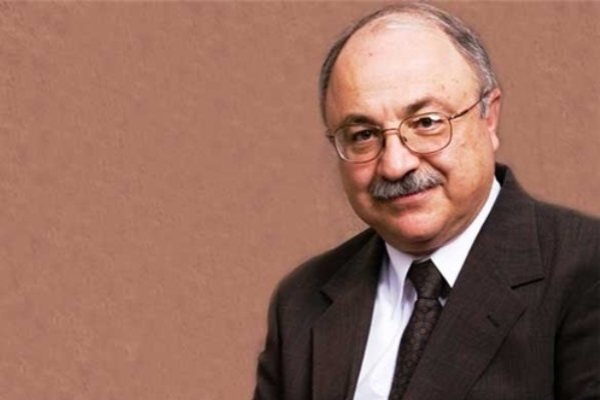Today's Europe is not in position to implement joint army: Entessar

TEHRAN - Nader Entessar, Professor Emeritus of Political Science from university of South Alabama says that there is a growing sentiment among some European leaders to chart a more independent defense and foreign policy posture vis-a-vis the United States, but I don't think today's Europe is in a position to implement a genuine independent course from Washington's diktat.
He adds that “I do think that there is a growing sentiment among some European leaders to chart a more independent defense and foreign policy posture vis-a-vis the United States, but I don't think today's Europe is in a position to implement a genuine independent course from Washington's diktat.”
Following is the full text of the interview:
Q: The idea of forming a joint European army is not a new idea, but in recent days, with the comments of Emmanuel Macron and Angela Merkel and the reaction of Trump has taken a new dimension. What are the reasons for the progress of this project by countries such as France and Germany?
A: This idea was first proposed in the early 1950s and in the aftermath of World War II. But, for a variety of reasons, it never came to fruition but was never forgotten. But the victory of Donald Trump and his periodic strident criticism of NATO has now given the notion of creating a joint European army a new lease on life. Without Trump, this idea would have most likely remained in the back burner.
Q: Speaking to the "Europe 1" radio, French President Emmanuel Macron called for the formation of a real European military to counter Russia's threats and also independence from the USA. In the interview, the French president said: "We have to defend ourselves against Russia, China and even the USA." Why does France now name the United States alongside China and Russia as a threat?
A: Notwithstanding the French president's inclusion of the United States in the category of potential threats to Europe, I think Macron's statements were more of a reaction to his frustration with Trump's erratic behavior towards Washington's major European allies than anything else. I do think that there is a growing sentiment among some European leaders to chart a more independent defense and foreign policy posture vis-a-vis the United States, but I don't think today's Europe is in a position to implement a genuine independent course from Washington's diktat.
Q: Trump opposed the plan and in response to French President Macron's remarks called the formation of this army offensive. Due to the Trump reaction and his renewed appeal to Europeans to give money to NATO, can these disputes threaten NATO's future?
A: As has been customary for president Trump, he always wants to have his cake and eat it too. Thus, Trump's reaction to Macron's remarks was in line with his usual vituperation when Trump doesn't like something or when he is challenged. Trump and his foreign policy advisors know the importance of NATO to Washington and its global hegemony. Trump's periodic war of words with some European leaders do not threaten NATO's future. Despite their frustration with Trump's behavior, Europe is grudgingly is getting used to Rump's modus operandi.
Q: Ursula von der Leyen, the German defense minister, recently said that the founding of the European Army and its future activities could not only increase the security of European countries but also solve international crises. If the joint European army does missions outside Europe in addition to missions inside Europe, Is this not a parallel with NATO?
A: I agree with the assessment of the German defense minister regarding the utility of a European army in enhancing the security of European countries. But, as I mentioned in my answer to the first question, I don't think Europe has the political wherewithal to challenge the United States. Besides, Europe is too divided to present a cohesive bloc that is necessary for the establishment of an independent and united military force. But in the unlikely event that Europe is able to establish a European defense force that doesn't kowtow to Washington's whims, then the future of NATO as it is structured today will be in jeopardy.
Leave a Comment